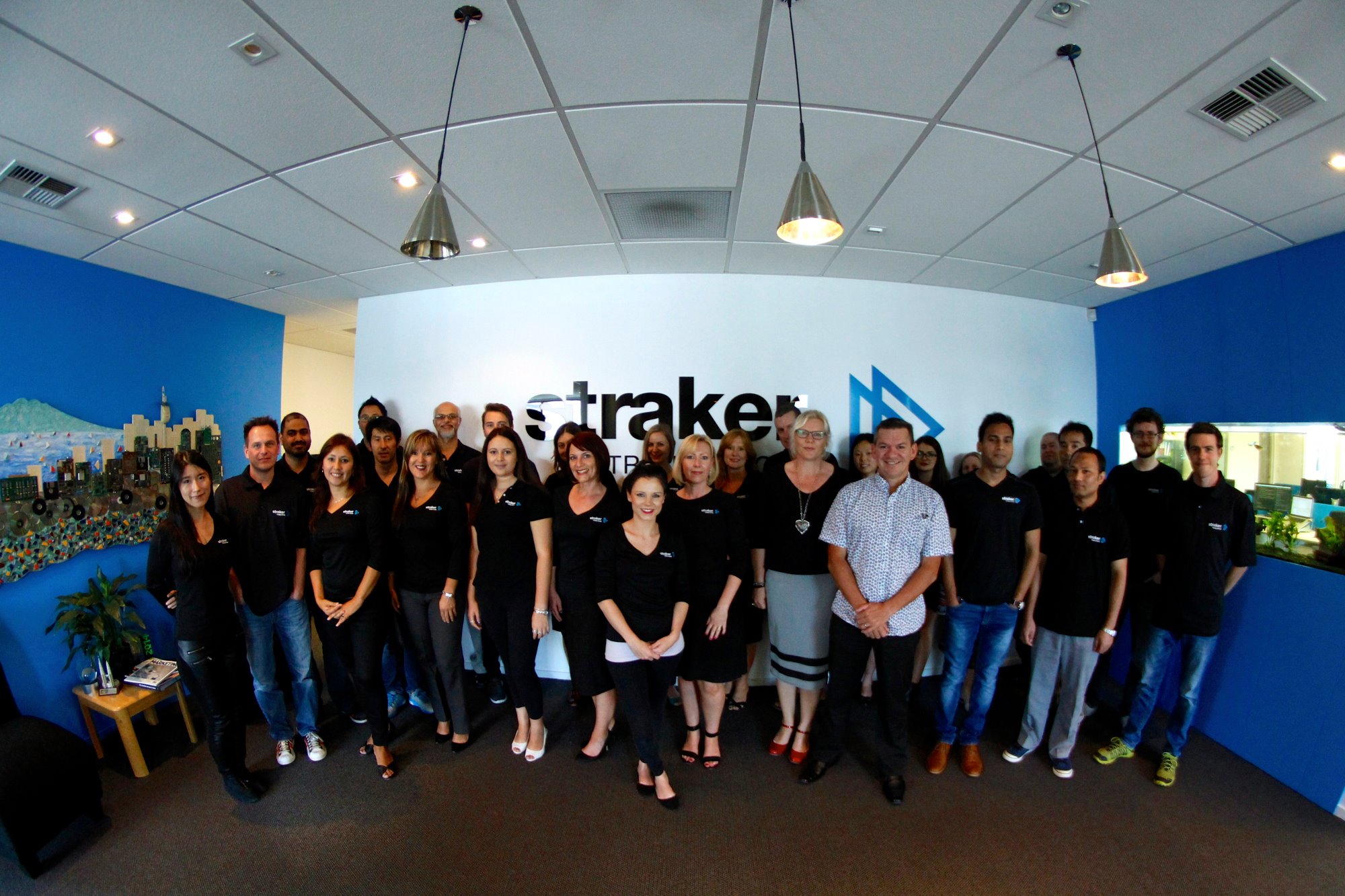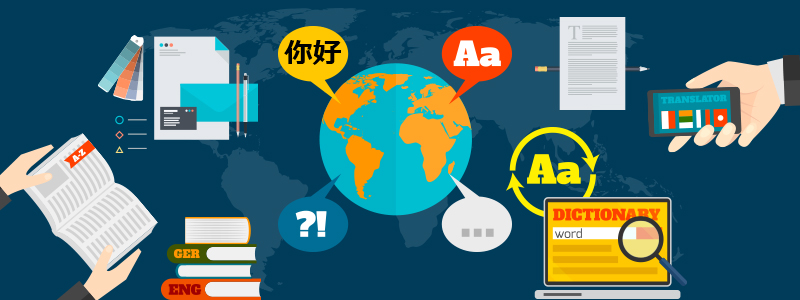Photo Courtesy of Straker Translations
Communication in a new market is a crucial part of global expansion: it can be the key to success or lead entire endeavors into failure. “When planning the communication strategy for your company’s global expansion there is no one size fits all: localization is absolutely crucial”, Alvaro Rocabayera, CEO of the revolutionary company Straker Translations’ Spain branch, states.
Honda had to learn this lesson the hard way when it launched a new compact model in 2001. The Japanese car manufacturer decided not to change the name of the Honda Fitta when releasing it in Sweden. ‘Fitta‘ is a vulgar word in Swedish and, unfortunately for Honda, this minor detail had a negative impact on the model’s sales performance in the Nordic country. In consequence, the name was changed to Honda Jazz for the European market and Honda Fit in the U.S. This is how not using localization can affect a company into entering a new market.
The importance of content localization
This is something Straker Translations knows very well. Alvaro Rocabayera, CEO of the company, explains the importance of creating multimedia content and localizing it for any business that operates globally. The technology services company has been helping businesses and individuals to get their message across since 1999. Since language is not the only barrier when trying to break into new markets, and Straker additionally provides very innovative portfolio services to help companies achieve a seamless expansion abroad.

Straker Translations is said to be revolutionizing the translation industry by offering faster, easier, and far more cost-effective translations with a unique translation model. When asked about whether companies should implement localization, Rocabayera affirms that they must. He’s confident that it plays a key role in helping a brand survive. “Localizing our messages and building a bridge to reach the company’s targeted market is what drives Straker.” But, what does localization mean exactly?
What is Localization?
Localizing content means that you adapt your content physically, linguistically, and even culturally to a specific market and create local content in order to appeal to people in that specific country.
“Think about Monopoly: people in the USA have streets like 5th Avenue. In Spain, they would have Passeig de Gracia while in the UK, they would use Fleet-street”, Alvaro Rocabayera explains with an example. “It’s not only about the literal translation, but making people understand the meaning.”

Four reasons why you should localize content
Everything involving a business process needs to be localized in order to give an organization an assertive global voice. This includes human resources documentation, M&A documentation, legal files, company accounts, e-learnings, tenders, and marketing materials. All of this can be accomplished through proper localization and multimedia content. Investing in these two things will avoid many rough patches in the already exhausting road to going global.
1. Improve Customer Satisfaction
The user experience would be more personalized and therefore, overall customer conversions will increase.
2. Market Expansion
It can help you to enter new markets more rapidly by overcoming cultural barriers. Better engagement will be reached and customers would be more likely to spread the word and accept the product or service.
3. Sales Growth
Using the same language than your customers builds trust and commitment, and when having this, price is not the main issue anymore.
4. Reduce Risk
Certain countries have political, historical and cultural issues and when trying to break into their market, companies should be aware of them. Localization then becomes a safety measure that avoids negative connotations and ensures your business runs smoothly internationally.
What About Multimedia Content?
Multimedia content is everything companies can use to get through the company’s messages and to help build brand awareness in a very unique and powerful way.
It can be a combination of different forms like pictures, videos, podcasts, file sharing, text, mobile marketing, and live casting to facilitate communication between employees, customers, and potential customers.

Photo Courtesy of Straker Translations
According to Dr. Lynell Burmark, a Ph.D. Associate at the Thornburg Center for Professional Development and expert on visual literacy, words are processed by our short-term memory. However, images go directly into long-term memory making them more recordable.
It is exactly for this reason that Straker Translations additionally owns studios where audio-visual transcriptions, subtitling, and voice-over services. Multimedia content creation is also provided, using the most up-to-date technology, but always supported by human capabilities. “The ability that these technologies and formats have in order to make the most of business is enormous.”, Rocabayera emphasizes.
The combination of multimedia forms and their localization make complex data more accessible, understandable, and usable. In this way, companies can craft spot-on communications without worrying that something as key as the branding of a brand new car model will be lost in translation from Japan to Sweden.




